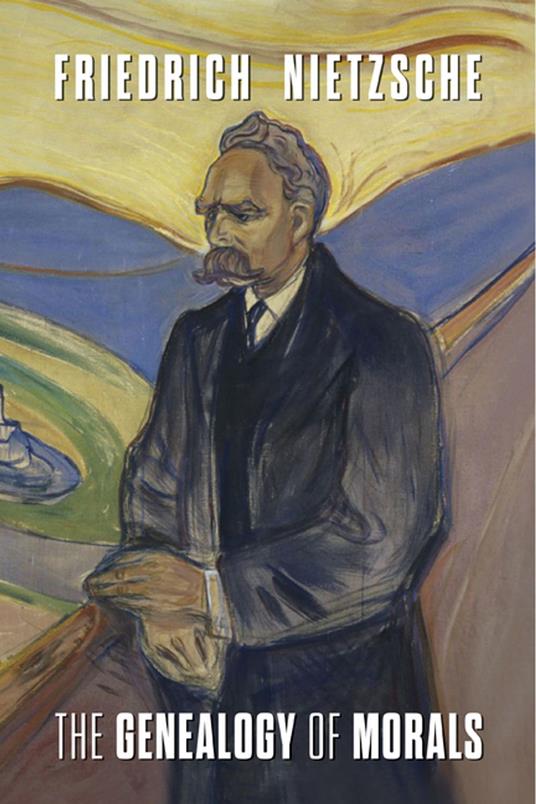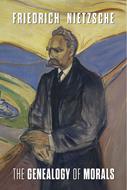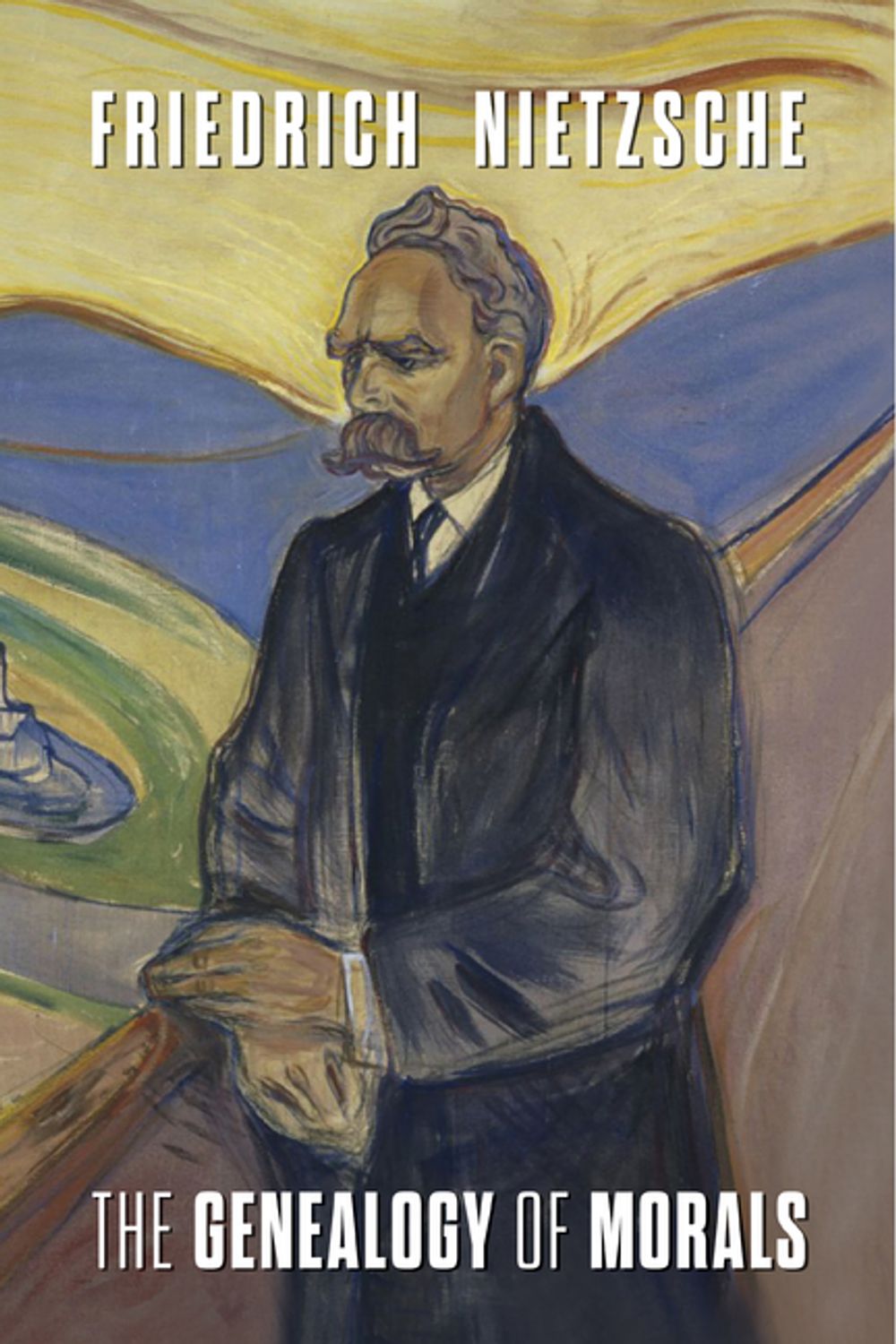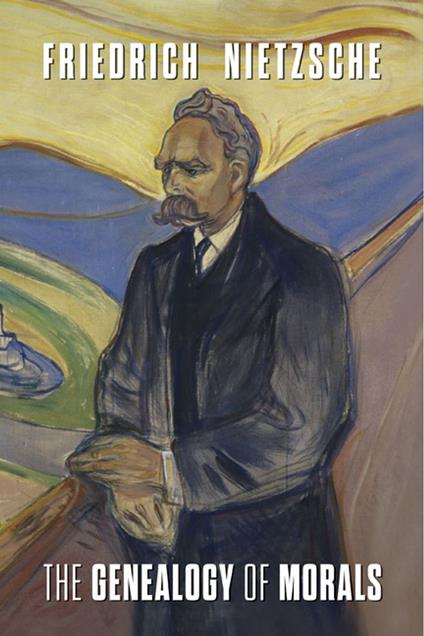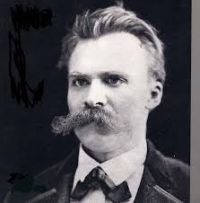The Genealogy of Morals
"Human history would be noting but a record of stupidity save for the cunning contributions of the weak." The Genealogy of Morals is a collection of essays by Friedrich Nietzsche, one of the most interesting philosophers of the 19th century. His three interrelated treatises expand and follow through on concepts Nietzsche sketched out in Beyond Good and Evil. Important works on ethics and politics, the essays contain the author's "thoughts on the origin of our moral prejudices". It was written in response to his friend Paul Rée’s genealogical hypothesis of morality put forth in his work "The Origin of the Moral Sensations". Finding Rée’s theory unsatisfactory, Nietzsche calls for an examination of moral values themselves. The three essays are among Nietzsche's most sustained, cohesive and important works as they offer an interpretation and history of ethics which raises profoundly disquieting issues about the violence of both. In the first essay Nietzsche sets up a contrast between what he calls "master" morality and "slave" morality and shows how strength and action have often been replaced by passivity and pessimism. The second essay, looks into the origins of guilt and punishment, and how the concept of justice was born. In the third essay, Nietzsche dissects the meaning of ascetic ideals showing that culture and morality, rather than being eternal truths, are human-made. As a treatise on morality, The Genealogy of Morals is unequalled by any of his other works. The light which it throws upon the attitude of the ecclesiast to the man of resentment and misfortune is one of the most valuable contributions to Christian psychology. The most enduring of Nietzsche's later works, it offers one of the fullest expressions of his characteristic concerns. The introduction places his ideas within the cultural context of his own time and stresses the relevance of his work for a contemporary audience.
-
Autore:
-
Anno edizione:2025
-
Editore:
-
Formato:
-
Lingua:Inglese
Formato:
Gli eBook venduti da Feltrinelli.it sono in formato ePub e possono essere protetti da Adobe DRM. In caso di download di un file protetto da DRM si otterrà un file in formato .acs, (Adobe Content Server Message), che dovrà essere aperto tramite Adobe Digital Editions e autorizzato tramite un account Adobe, prima di poter essere letto su pc o trasferito su dispositivi compatibili.
Cloud:
Gli eBook venduti da Feltrinelli.it sono sincronizzati automaticamente su tutti i client di lettura Kobo successivamente all’acquisto. Grazie al Cloud Kobo i progressi di lettura, le note, le evidenziazioni vengono salvati e sincronizzati automaticamente su tutti i dispositivi e le APP di lettura Kobo utilizzati per la lettura.
Clicca qui per sapere come scaricare gli ebook utilizzando un pc con sistema operativo Windows
